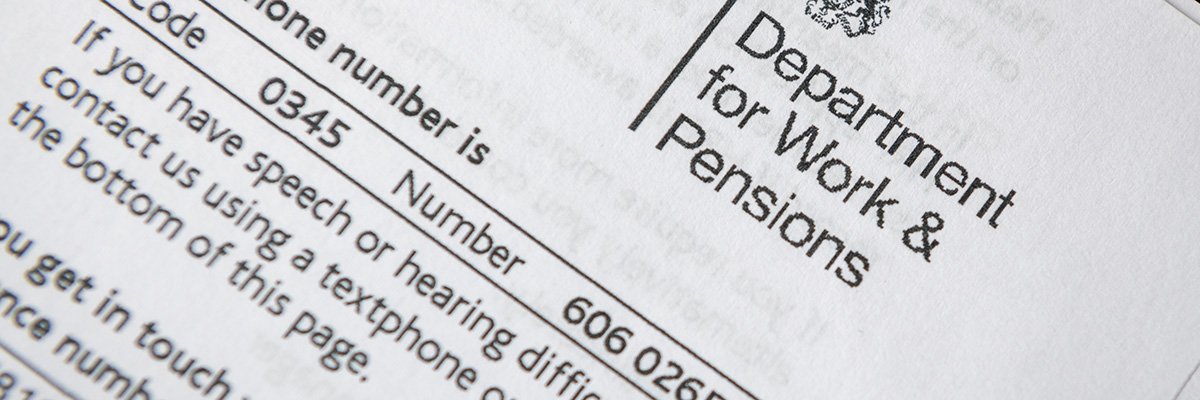Helen Wylie, currently chief technology officer at the Department for Work and Pensions (DWP), is to take over from her boss, Rich Corbridge, as chief digital and information officer when he leaves the civil service in November.
Wylie's appointment is effective on 1 November, with Corbridge due to leave on 15 November.
She inherits a digital team with a budget of £1.4bn, in an organization that transacts £170bn a year, manages 50 million lines of code and operates one of Europe's largest IT estates. Her new remit at DWP includes some of the highest-profile public services, such as Universal Credit and the state pension.
Corbridge is leaving to take up a new post as chief information officer at industrial property developer Segro. He only joined DWP in April 2023and Computer Weekly understands his departure is for personal reasons and not due to any issues with his current role.
Wylie has worked at DWP since September 2018, when she joined as digital delivery director, stepping up to the CTO position in March this year. Prior to DWP, she worked at the Bank of England for more than four years, ending up as head of technology delivery.
Writing on LinkedInCorbridge said he will be working alongside Wylie to ensure a successful handover.
“I have worked with Helen for a couple of years now and every day I am shocked by just how good she is. She is one of the most inclusive leaders I have had the joy to work with, she knows how to bring a team together, she is exceptional at managing her stakeholders, she knows her 'onions' and boy does she have passion for delivery,” he wrote, in an earlier recommendation on the social media site.
“No matter the size or complexity of the problem she will be there for you side by side making sure that not only can we get to the right solution but that we also look after our people and each other long the way.”
Wylie takes over one of the largest government IT estates just as the new Labor administration is ramping up the expectation for digital and technology to overhaul Whitehall and improve the productivity and efficiency of public services.
In her Autumn Budget this weekChancellor of the Exchequer Rachel Reeves set a new improvement goal for government departments.
“We are setting a 2% productivity, efficiency and savings target for all departments to meet next year by using technology more effectively and joining up services across government,” said Reeves, in her Budget speech to the House of Commons.
The government is working on a “strategic plan” to make the civil service more productive and efficient through “improving skills and harnessing digital technology to drive better outcomes for public services”, according to the Budget documentation.
Taking part in a panel discussion chaired by Computer Weekly in September, Corbridge outlined the challenges of digital change facing DWP,
“It's the transformation bit, the cultural bit, the moving of the massive ships that are the departments that make up government – that's the difficult bit. The tech has gotten easier to get right. The legacy IT hasn't gotten easier to drag along with us. Big, old organizations drag the legacy behind them, and that makes transformation more difficult,” he said.
“Whether it's the data in there, the tin that's there, the age of it – once it just works, then building the business case to modernize it so that transformation becomes quicker and cheaper, is quite difficult because [the legacy IT] is bomb proof. It works – it does what it's supposed to do. So, [people think] let's leave it for the next 20, 30, 40 years, doing what it's supposed to do. It's a difficult business case to get through.”


